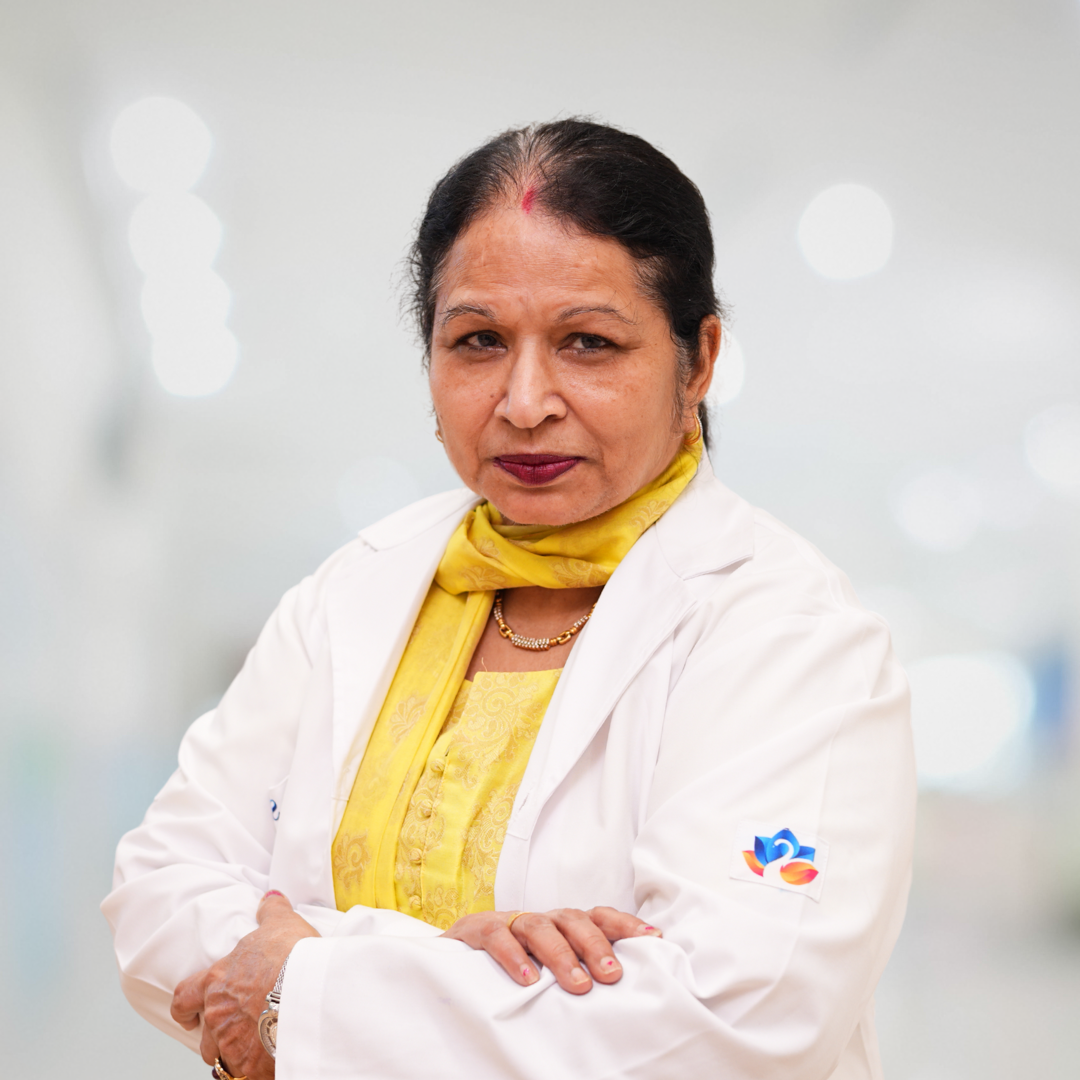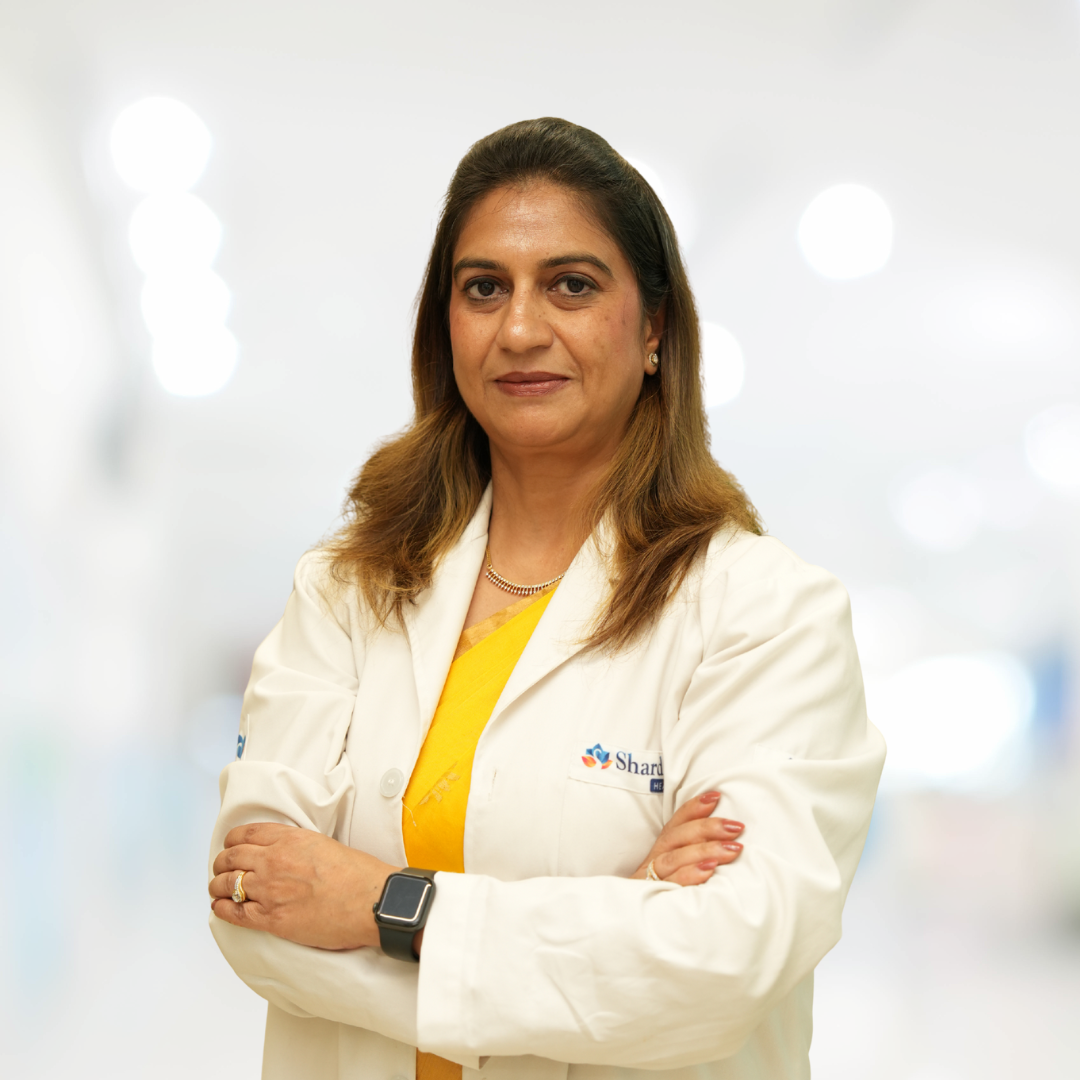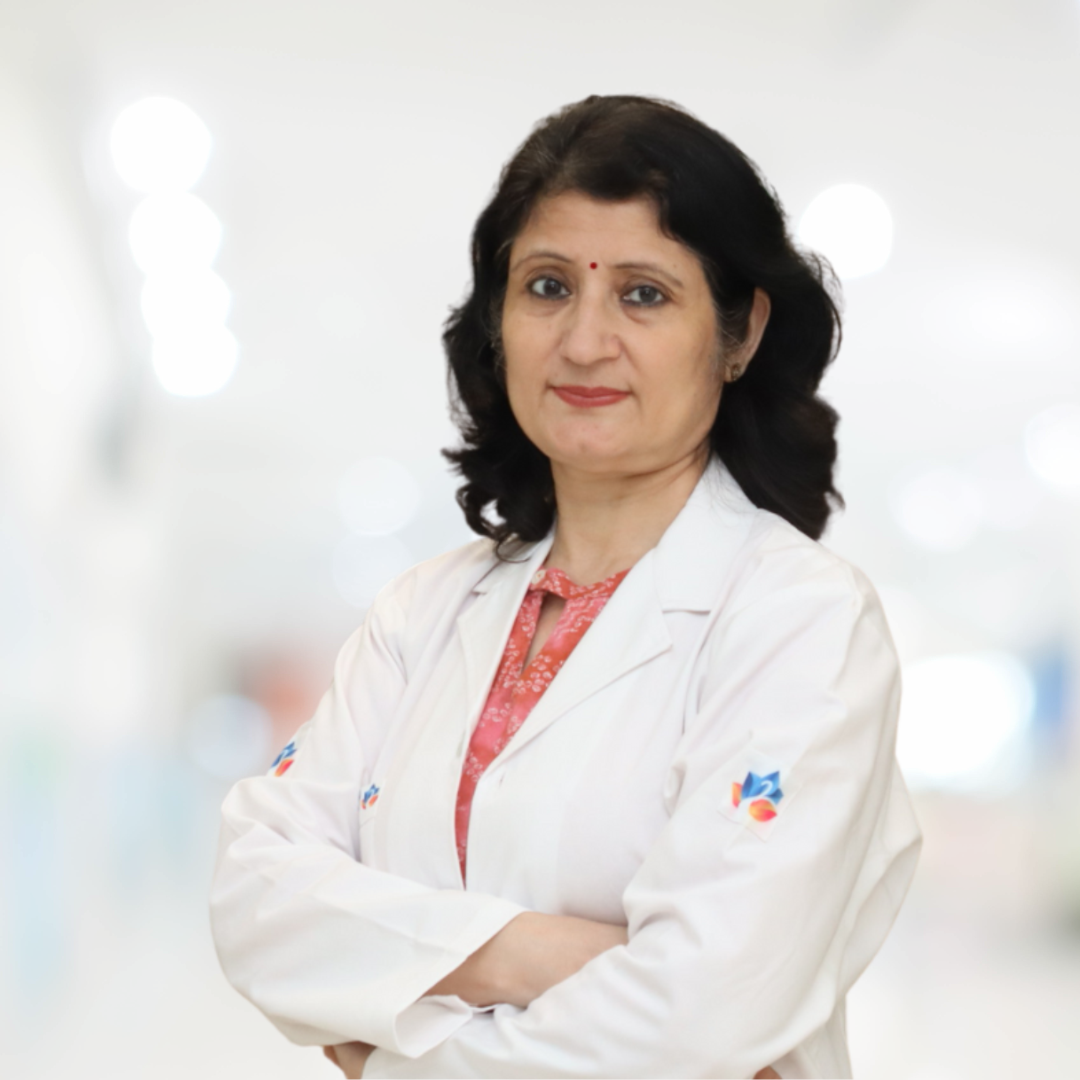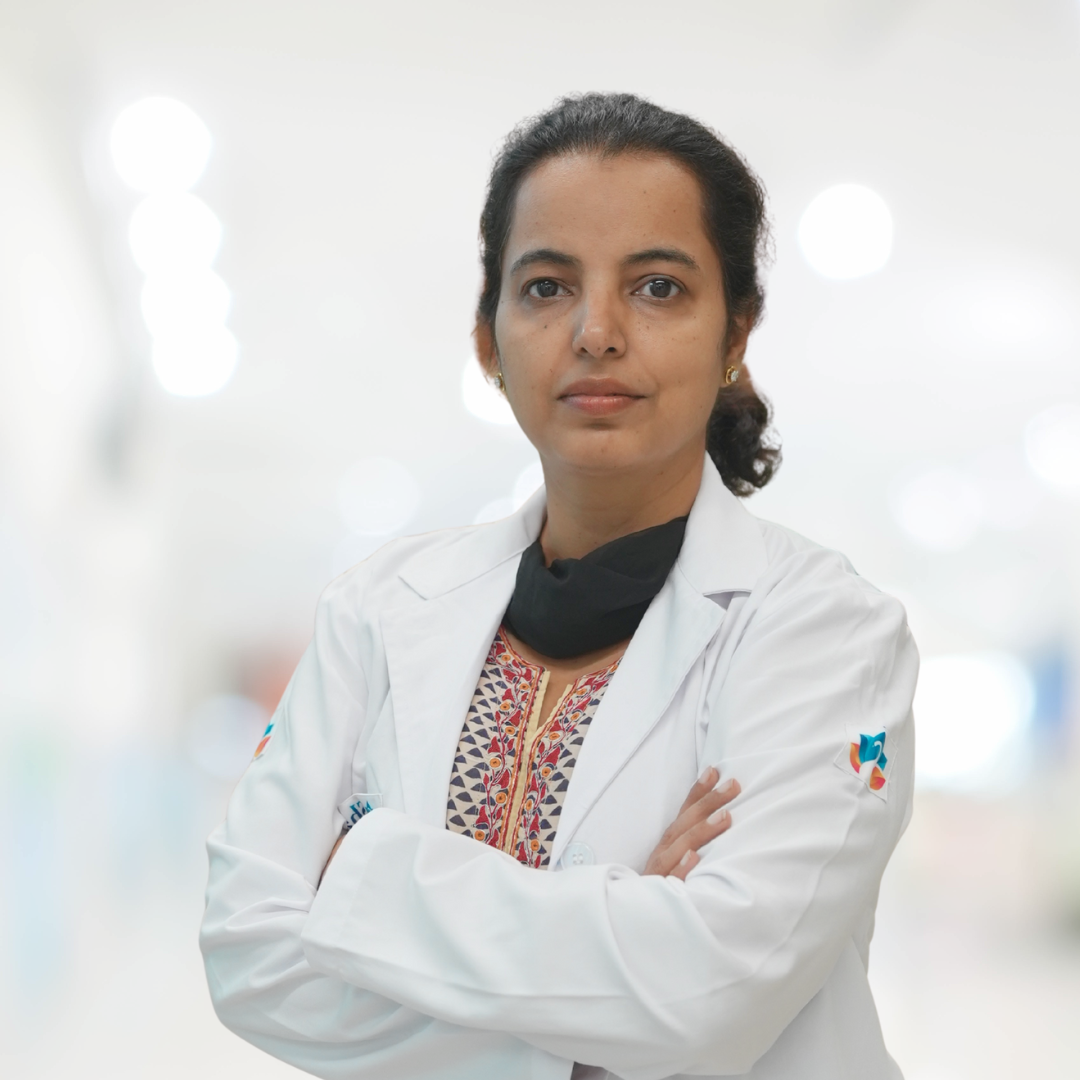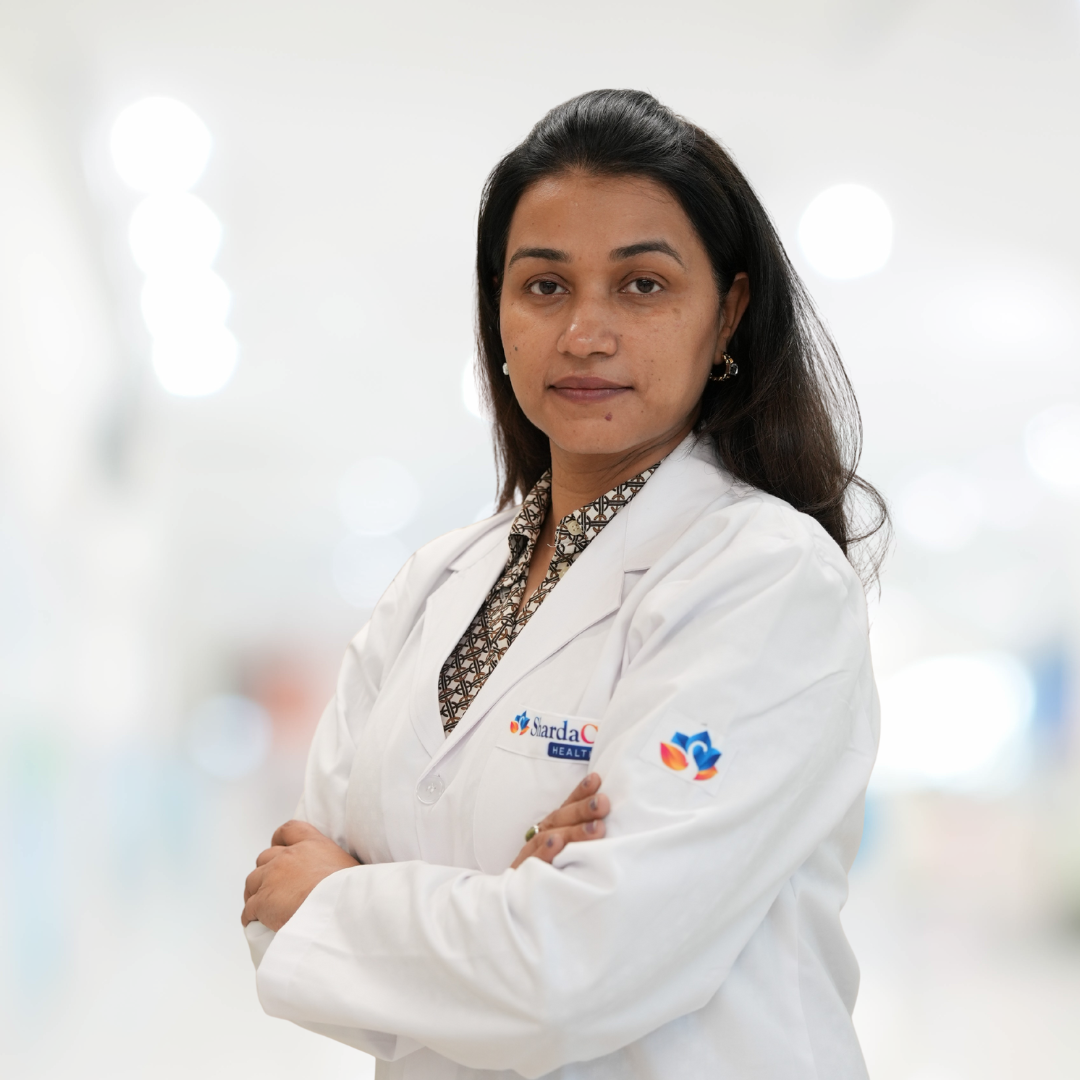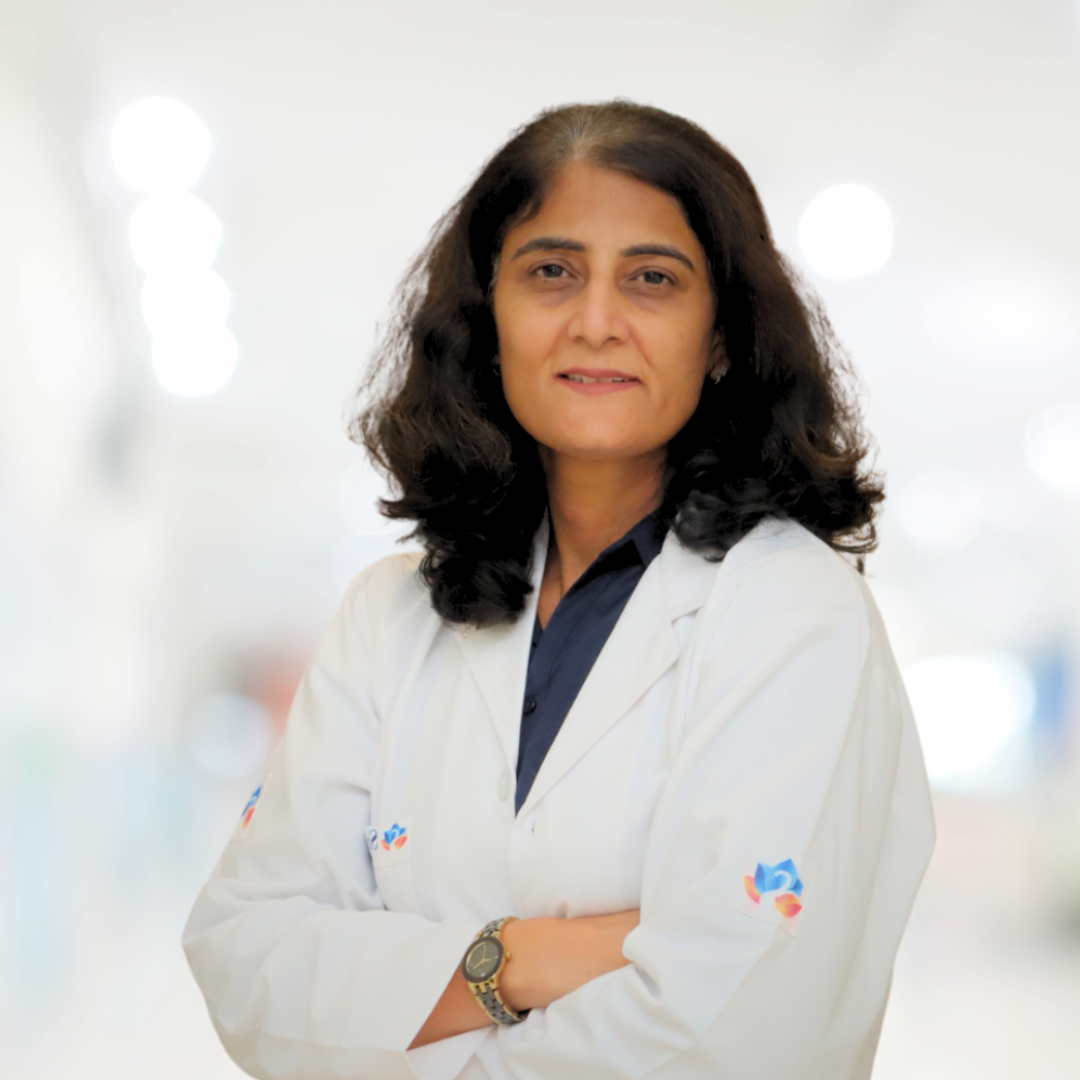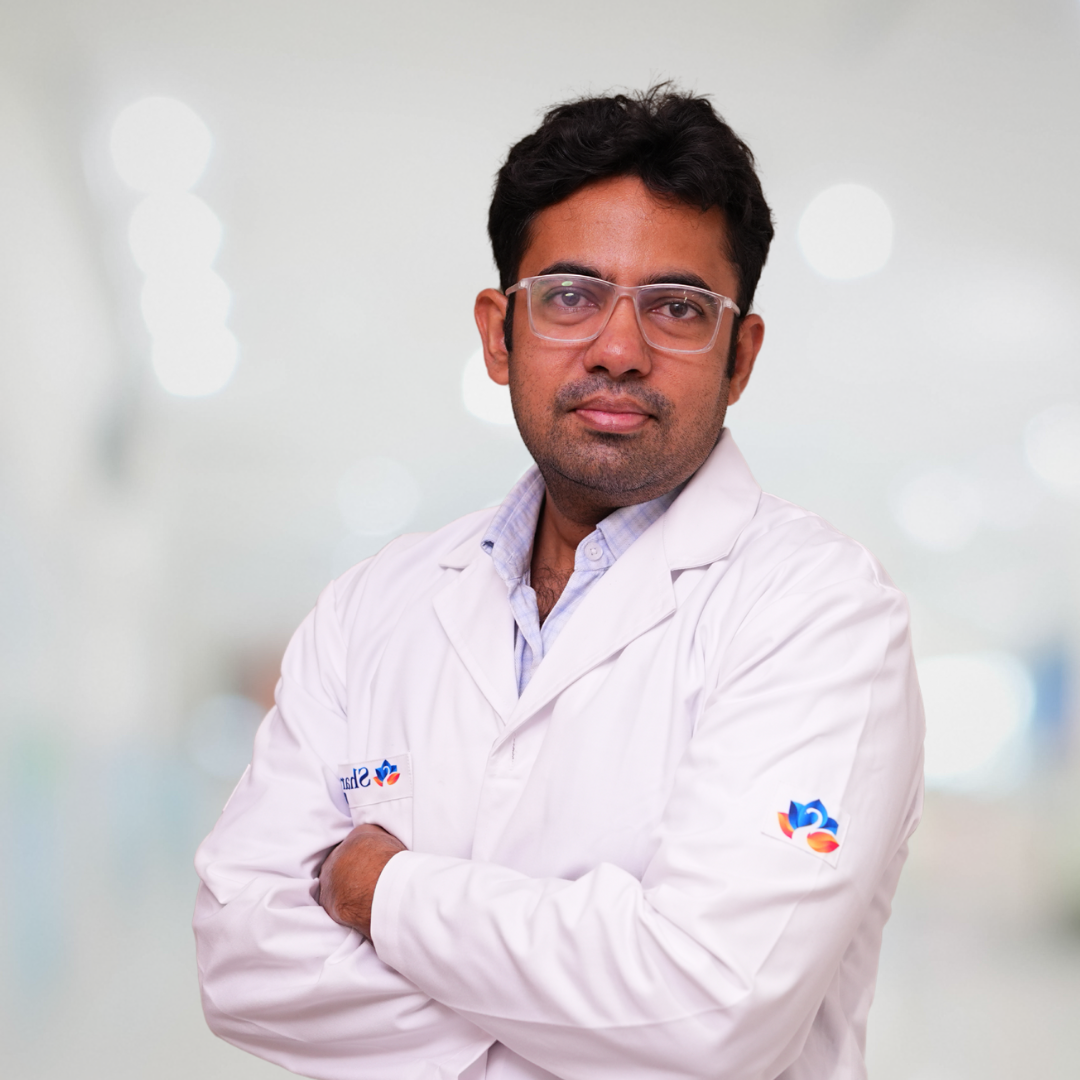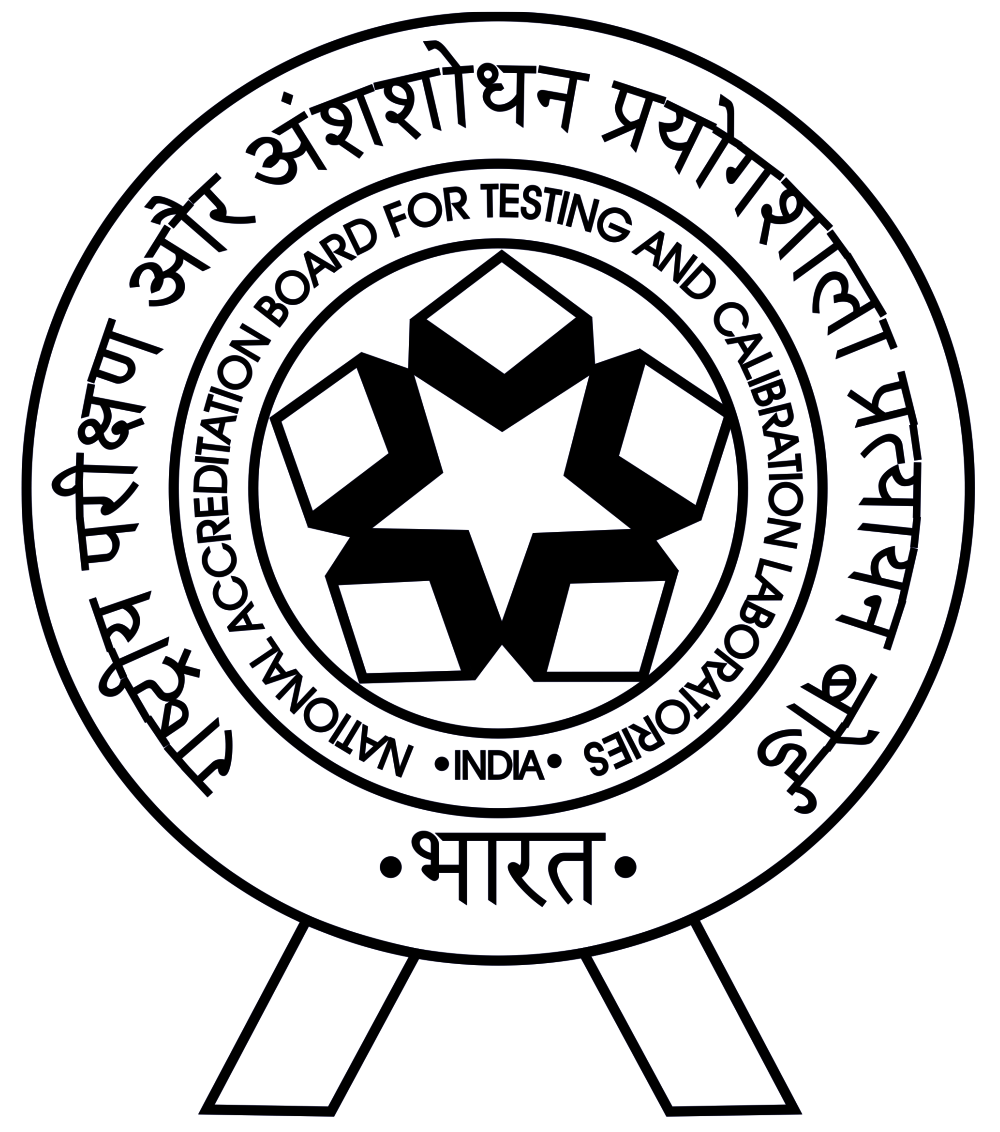
Maternal-Fetal Medicine & High-Risk Pregnancy Care at ShardaCare – Healthcity
At ShardaCare - Healthcity, our Department of Maternal-Fetal Medicine, also known as High-Risk Obstetrics, provides exceptional care for Women with complications identified before or during Pregnancy, as well as for their Unborn Babies. Our mission is to ensure a Healthy Pregnancy and Safe Delivery for every Mother and Baby, utilizing Careful Planning, Medical Expertise, and Collaborative Teamwork.
We recognize that each patient has unique concerns and preferences. Therefore, we encourage active participation from our patients and their families in their care journey. We strive to meet individual needs by openly discussing all aspects of care and exploring appropriate options to support informed decision-making.
Our Division of Maternal-Fetal Medicine offers a comprehensive range of High-Risk Pregnancy services, including Prenatal Care and Diagnosis, evaluation and Treatment of Fetal conditions, consultation for high-risk pregnancies both in outpatient and inpatient settings, advanced Obstetrical Ultrasound services, Genetic Counselling, Social support services, access to support groups, and Nutritional counselling.
For Premature and Critically ill Newborns, our renowned Neonatologists provide expert care in our state-of-the-art Level III NICU. Additionally, our maternal-fetal medicine specialists collaborate closely with Paediatricians to ensure continuity of care and comprehensive support for both Mother and Baby throughout their healthcare journey.
Looking for an Expert
ShardaCare - Healthcity is home to some of the eminent Doctors in the world.
Book an Appointment

